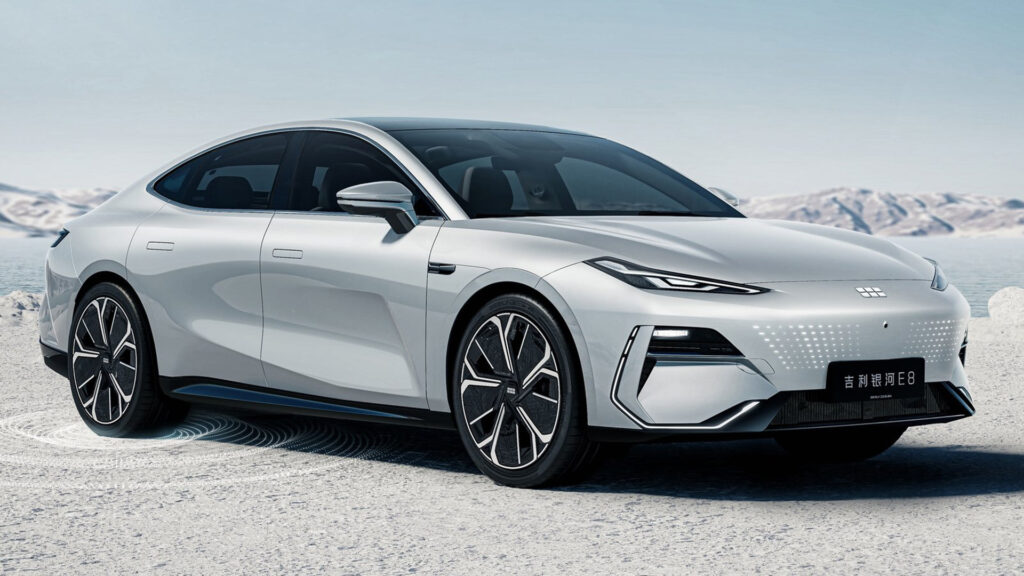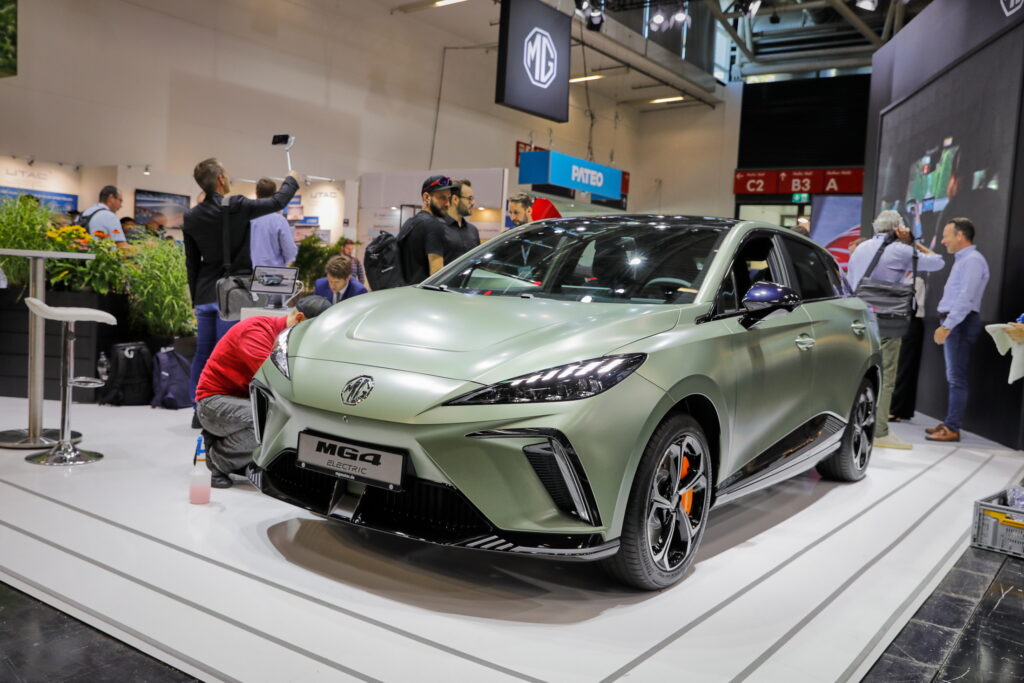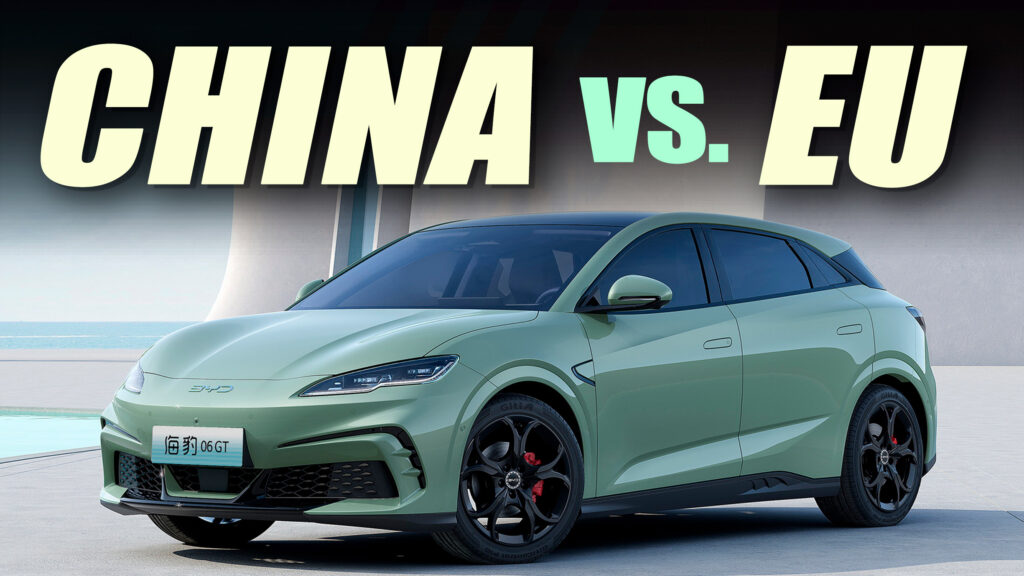- Chinese and EU officials have attempted negotiations on the tariffs, but no resolution has been reached.
- SAIC faces the highest tariff increase among Chinese brands, with a steep hike of 35.3%.
- China is encouraging car manufacturers to halt investments in EU countries that approved the tariffs.
In a quick riposte to the European Union’s freshly imposed tariffs on Chinese-made electric vehicles, the People’s Republic has escalated the dispute by filing a formal complaint with the World Trade Organization (WTO), urging Brussels to reconsider. Beijing’s latest move, thinly veiled in diplomatic language, signals it’s not about to sit quietly as the EU cranks up the pressure on Chinese EVs competing in the European market.
The lawsuit accuses the EU of lacking any “factual and legal foundation” for the tariff hikes, claiming they violate WTO rules and amount to “an abuse of trade remedy measures.” China’s Ministry of Commerce adds it filed the lawsuit “in order to safeguard the development interests of the electric vehicle industry and global green transformation cooperation.”
Read: China Tells EV Makers To Stop Investing In EU Countries That Approved Tariffs
China has requested consultations with the EU, initiating a 60-day window to hammer out an agreement before the WTO could step in with a dispute panel.
In a statement issued to Bloomberg, a spokesperson from the ministry said China is urging “the EU to face its mistakes and immediately correct its illegal practices, and to jointly maintain the stability of the global electric vehicle supply chain and China-EU economic and trade cooperation.”
In the months since the tariffs were formally announced, officials from China and the EU have held talks to try and negotiate a resolution that works for both. However, no agreement could be reached before the tariffs were introduced at the end of October. SAIC has been hit with the largest tariff increase of all, 35.3%, while Geely has been hit with an 18.8% tariff hike, and BYD must now pay an additional 17% tariff. These hikes come on top of the existing 10% tariff.

Marcos Sefcovic, the EU’s incoming trade chief, is reportedly on the ground in China this week, suggesting that Brussels hasn’t entirely abandoned hope of reaching a deal.
Meanwhile, the Chinese Commerce Minister, Wang Wentao, recently met with officials from France and urged them to push the EU towards a resolution, Reuters reports.
Last week, it was revealed that the Chinese Ministry of Commerce had told local car manufacturers to pause investment plans in countries that voted in favor of the tariffs while encouraging investments only in countries that voted against them. These include Germany, one of five members that opposed the new tariffs.




